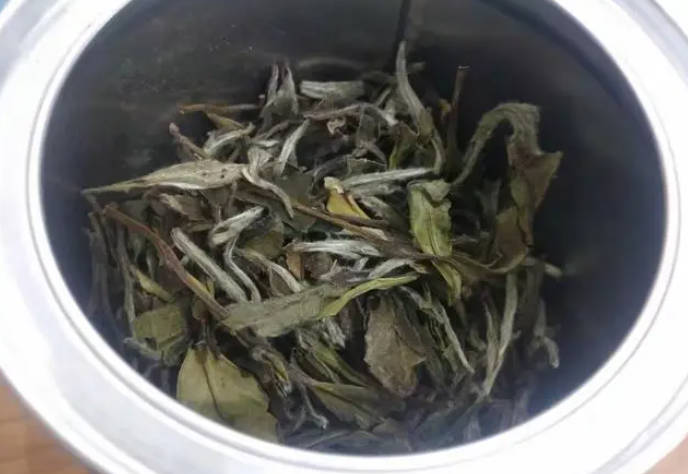“With a smile, I watch the rise and fall of the world, leisurely sitting with a fan and a pot of tea.” Drinking tea is a habit many people cultivate in their daily lives. Tea is a national beverage in China, where both the variety and production of tea rank first in the world, naturally attracting many loyal enthusiasts. Since ancient times, tea has been one of the seven essential items for the Chinese.
As someone with over 30 years of tea-drinking experience, I don’t have too many picky preferences—if a tea tastes good and is reasonably priced, I’ll buy it. I started with jasmine tea and gradually moved on to green and white teas, occasionally enjoying black tea and pu-erh as well.
My love for tea has led me to frequently visit tea markets, where I’ve met many fellow tea enthusiasts. Over time, I’ve gathered a group of friends who enjoy getting together for tea.
However, buying and drinking tea is not without its pitfalls. After a few missteps, I’ve learned to avoid these three “gimmick teas.” Spending money is minor; the real issue is that these teas can be unpleasant to drink and may contain additives.
1. Millennium Ancient Tree Tea
The belief that older tea trees produce better tea is widely accepted among tea drinkers. The flavors deepen with age, especially for teas made from large leaves, such as pu-erh, black tea, and white tea. However, the claim of “millennium ancient tree tea” is often a marketing gimmick. While the price might be low, truly ancient tea trees are rare, making it improbable for such teas to reach the average consumer.
The so-called “millennium ancient tree tea” on the market is often just a vendor’s exaggeration, serving primarily as a marketing tactic. If you hear claims about these ancient trees, it’s best to walk away.

2. Award-Winning Handcrafted Teas
Tea quality is evaluated annually, leading to the recognition of various famous teas. Teas that earn such accolades often come with a hefty price tag. However, award-winning handcrafted teas typically have low production volumes and are meticulously cultivated and processed for competitions. These teas are unlikely to be available to ordinary consumers.



